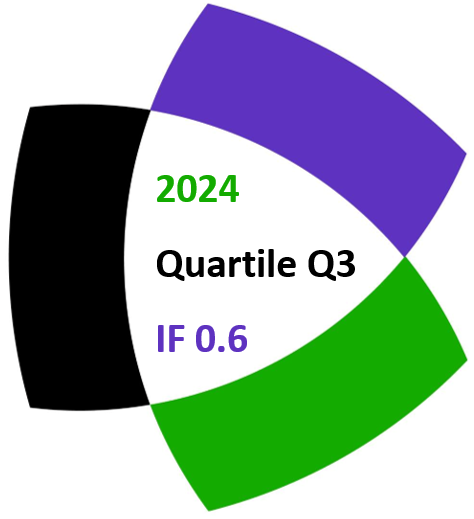Nechemia Burshtein
Notes on Number Theory and Discrete Mathematics
ISSN 1310–5132
Volume 16, 2010, Number 4, Pages 1–5
Full paper (PDF, 156 Kb)
Details
Authors and affiliations
Nechemia Burshtein
117 Arlozorov Street, Tel Aviv 62098, Israel
Abstract
A complete demonstration of solutions of the above Diophantine equation is given when ![]() are primes and
are primes and ![]() are positive integers. Among the several examples exhibited, Example 3 provides a new solution containing eighty-five even numbers
are positive integers. Among the several examples exhibited, Example 3 provides a new solution containing eighty-five even numbers ![]() all of which are of the required form. Certain questions and modifications of the equation are also discussed.
all of which are of the required form. Certain questions and modifications of the equation are also discussed.
Keywords
- Diophantine equations
- Egyptian fractions
AMS Classification
- 11D68
References
- N. Burshtein. On distinct unit fractions whose sum equals 1, Discrete Math. 300 (2005) 213–217.
- N. Burshtein. Improving solutions of
 with restrictions as required by Barbeau respectively by Johnson, Discrete Math. 306 (2006) 1438–1439.
with restrictions as required by Barbeau respectively by Johnson, Discrete Math. 306 (2006) 1438–1439. - N. Burshtein. The equation
 in distinct odd integers has only the five known solutions, Journal of Number Theory 127 (2007), 136–144.
in distinct odd integers has only the five known solutions, Journal of Number Theory 127 (2007), 136–144. - N. Burshtein. All the solutions of the equation
 in distinct integers of the form
in distinct integers of the form  , Discrete Math. 308 (2008), 4286–4292.
, Discrete Math. 308 (2008), 4286–4292. - N. Burshtein. An improved solution of
 in distinct integers when
in distinct integers when  for
for  . Notes on Number Theory and Discrete Mathematics, 16, (2010), 2, 1–4.
. Notes on Number Theory and Discrete Mathematics, 16, (2010), 2, 1–4. - C. Rivera, J. Ayala. The prime puzzles & problems connection – problem 35,
http://www.primepuzzles.net/.
Related papers
Cite this paper
Burshtein, N. (2010). On the Diophantine equation ![]() in distinct integers of the form xi pαqβ. Notes on Number Theory and Discrete Mathematics, 16(4), 1-5.
in distinct integers of the form xi pαqβ. Notes on Number Theory and Discrete Mathematics, 16(4), 1-5.


